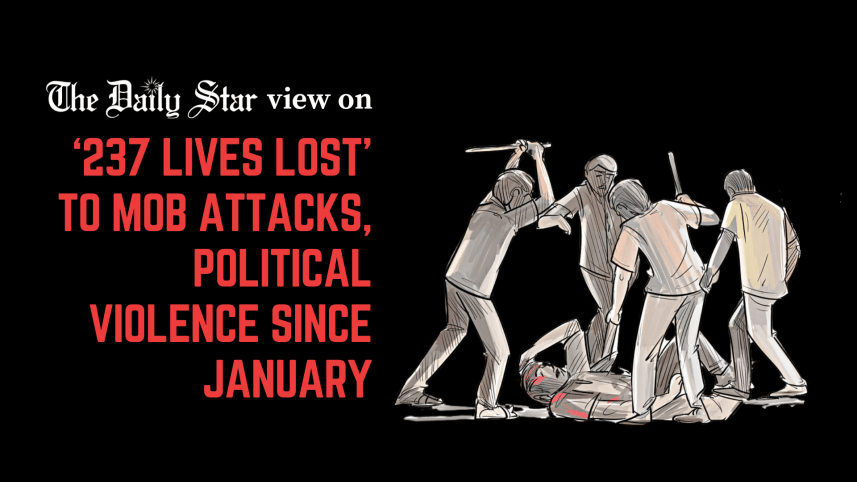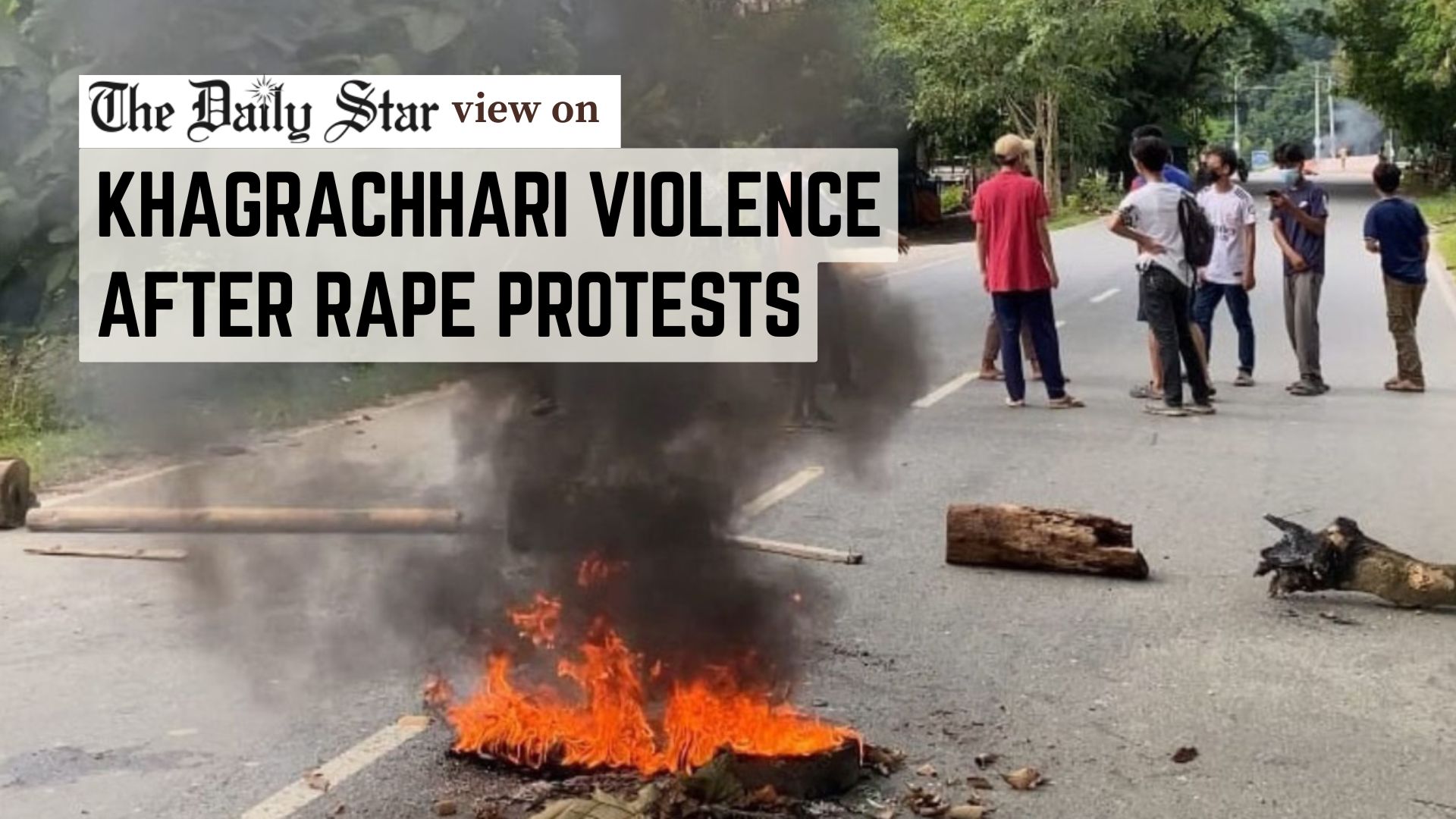Critical rights reviews reveal systemic failures

It is quite unfortunate that the practice of reviewing human rights has become contentious after Press Secretary Shafiqul Alam recently questioned the methodology of rights groups compiling data on the law and order situation. Controversially, Alam blamed the media for inflating rights violations, as it has "received very great freedom" under the interim government, which he said was evident in rights groups' estimations based on media sources. Such an assertion presumes that the government's own account—that the reality "is much better" than being portrayed—is more credible than that of witnesses, victims, NGOs, or independent journalists. This is dangerous because the state is not a neutral observer but a party to the very story being told, with a vested interest in managing its image. One may recall how the Awami League government similarly insisted, against evidence, on its record of human rights defence.
The reason we allude to this episode is the release of another unflattering rights review, not unlike the one unveiled in the press secretary's presence. While we don't think human rights reporting is above mistakes or flawed interpretations, the fact that similarly alarming numbers are surfacing makes critical assessments more realistically grounded than the government would have us believe. According to just-released data from the Human Rights Support Society (HRSS), between January and September, at least 107 people were killed in political violence and 130 others in mob beatings. While both surveys—covering different periods—acknowledged improvements in terms of enforced disappearances and crossfire killings, their overall findings make any complacency misplaced given the persistently high occurrence of other violent crimes.
The HRSS, for instance, has documented 239 incidents of mob violence and 692 incidents of political clashes, most stemming from internal feuds within the BNP and its affiliated organisations. Meanwhile, 1,511 women and girls reportedly faced violence—663 of them victims of rape, including 393 children, with at least 152 gang-raped and 19 killed afterwards. During the same period, at least 340 journalists were subjected to murder, torture, or harassment. There were also considerable numbers of deaths in custody, attacks on religious minorities, shrines, and mazars, violent border incidents involving India's Border Security Force, and incidents of violence against workers. Tellingly, even Human Rights Watch—one of the international bodies cited by Shafiqul Alam to validate rights violation claims—has recently warned that the government is "increasingly using" the recently amended counterterrorism law to arrest alleged supporters of the ousted regime.
True, the government's failure alone cannot account for the full range of these violations, as there are many other actors and underlying influences. But it is ultimately the state's responsibility to ensure justice and protect all citizens. This responsibility cannot be deflected by questioning research methodologies or drawing convenient comparisons with AL-era crime figures and state-sponsored abuses. What we are currently witnessing is largely the fallout of persistent systemic failures that the government was expected—but ultimately failed—to address. This must be fixed. With the country approaching its next election, we urge the government to double down on improving law and order through stringent measures, regardless of the identities of the perpetrators.



 For all latest news, follow The Daily Star's Google News channel.
For all latest news, follow The Daily Star's Google News channel. 
Comments